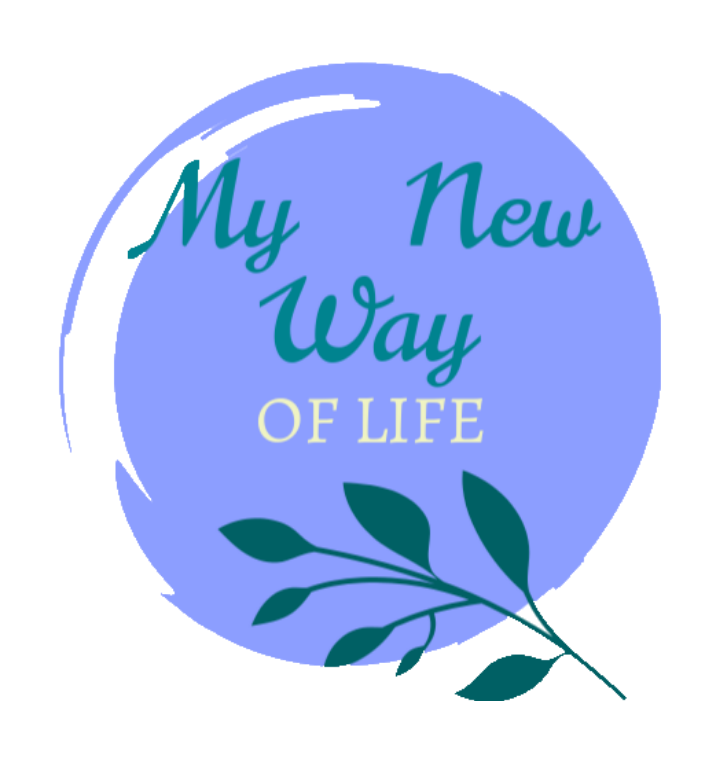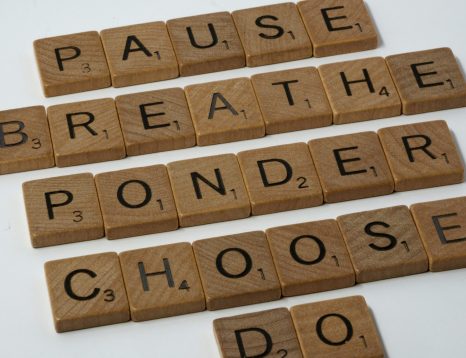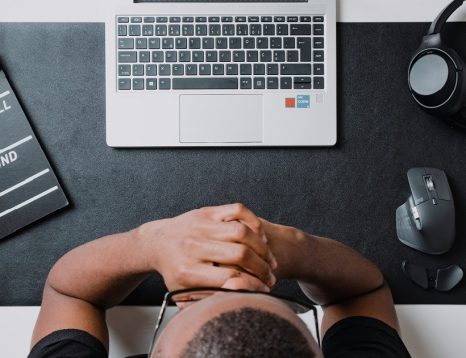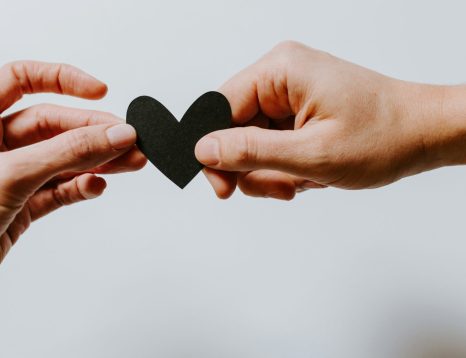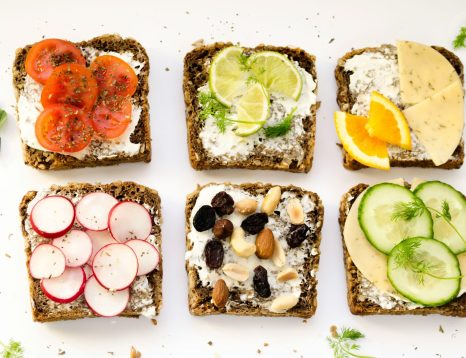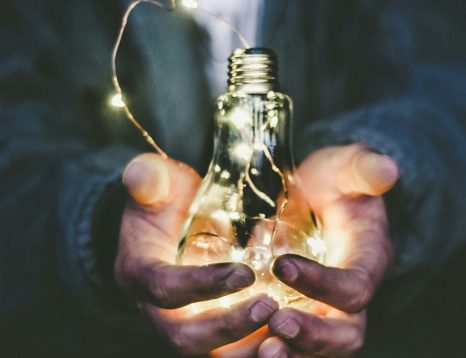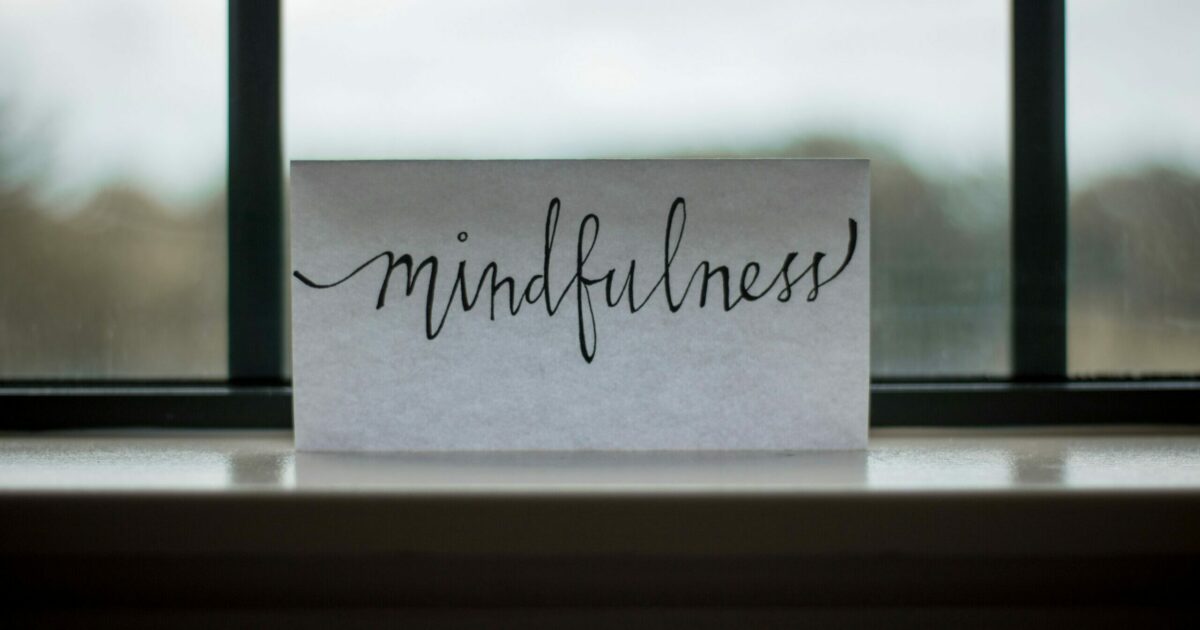
So what is mindfulness?
It is a practice aimed at achieving a level of conscious presence and awareness in everyday life. It stems from the ancient Buddhist tradition, but has been widely incorporated into various wellness practices and programs in the Western world. In essence, mindfulness promotes a focus on the present, developing an awareness of thoughts, feelings and sensations without judging them or seeking to change them.
"Mindfulness is the intentional observation of our experience in the present, without judgment."
Jon Kabat-Zinn
The key points of mindfulness (Mindfulness) is :
- Focus on the Present: Eit encourages the practitioner to focus on the now, setting aside worries about the future or brooding thoughts of the past.
- Acceptance and Tolerance: Through mindfulness, we learn to accept thoughts, feelings and emotions without trying to change or push them away.
- Consciousness of Breathing: A common practice of mindfulness is focusing on the breath, using it as a reference point for observing the present.
By using mindfulness we increase well-being and reduce stress levels. Her practice has been shown to help reduce stress and improve psychological well-being. It can help improve concentration and problem-solving ability. The acceptance and tolerance we gain through mindfulness can improve our relationships with ourselves and others. We gain concentration and emotional balance.
In recent years it has been studied a lot and used interchangeably by mental health experts as a tool because it shows wonderful results. Studies confirm the significant reduction of stress and physical pain with its use. Many studies have shown that using mindfulness practices can help reduce anxiety and depression, as well as increase self-awareness and positive thinking. At the same time they improve communication, empathy and social connectivity with others.
"The best way to take care of our future,
is to live in the present consciously.”
John Combat – Zine
Her practices are very simple. To begin with we can sit somewhere comfortable and concentrate on our heartbeat or our breathing. In this way we stay in the present. We can focus on the sensations we feel in our body. To start noticing thoughts that come to mind and feelings.
These are just a few of the many mindfulness techniques we can apply in our daily lives to develop our sensitivity and presence in the present.
Search, try. Daily well-being is in your hands!
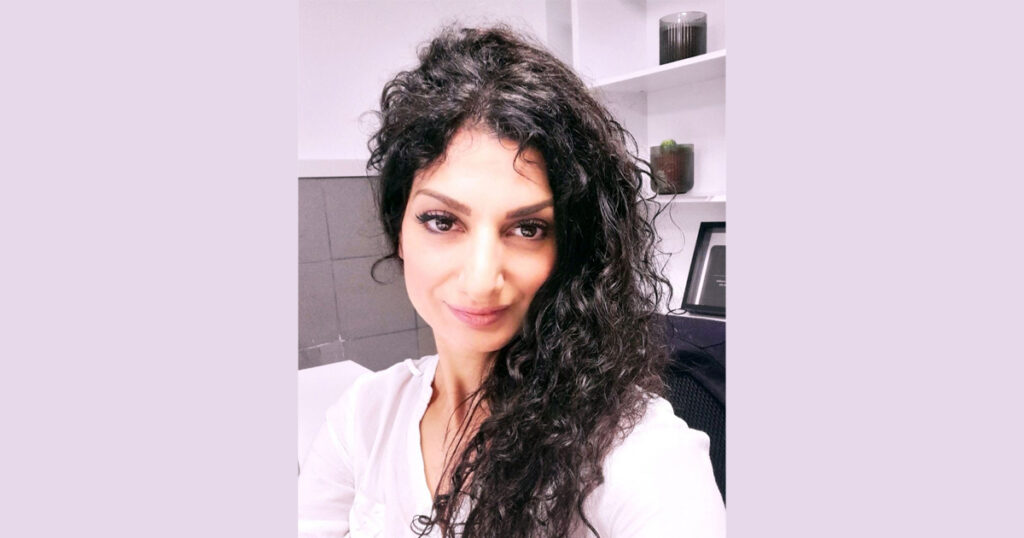
Psychologist-Clinical Hypnotherapy
